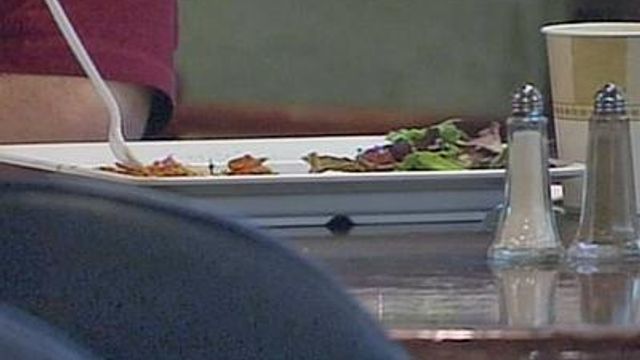Durham residents to vote on meal tax
Lawmakers passed a bill on Thursday to allow Durham voters to add a one-percent sales tax on prepared food.
Posted — UpdatedLast week, the House passed the bill allowing the referendum. The Senate passed the bill on Thursday. The referendum will be placed on the Durham County ballot in November.
While cities including Charlotte, Raleigh and Fayetteville have similar taxes, Bowman said Durham is unique in that the money collected through the tax will be used to benefit residents and local businesses.
The Raleigh visitors bureau gets $675,000 of that per year with the rest going to Raleigh, Cary and Wake County to fund projects like the RBC Center, Smith said.
About 40 percent of the tax money collected would come from visitors and commuters, Bowman said. Officials said 70 percent of the people who attend a Durham Bulls game come from outside the city.
Supporters of the tax say the cost will be minimal to the average person, possible $18 a year.
Vidic believes fewer people may eat out if there is a higher tax.
• Credits
Copyright 2024 by Capitol Broadcasting Company. All rights reserved. This material may not be published, broadcast, rewritten or redistributed.





